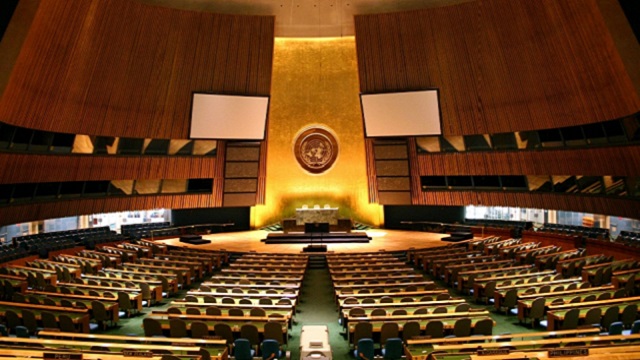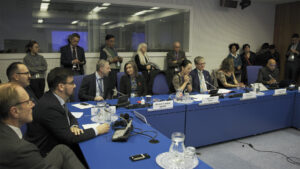The outcome document of UNGASS 2016 was probably a disappointment for the most progressive parts of the world, but for countries like Bulgaria, it contains some inspiring commitments. Read this article on Bulgarian drug policy news!
Bulgaria didn’t send a delegation to the UNGASS 2016 (the country was represented by its Permanent Representation to the UN), nor did it participate actively in the preparation process for this important global event. There was no preliminary debate inside the country, and government officials stated that Bulgaria would unconditionally support the European Union position for the UNGASS.
After a careful review, however, of the UNGASS outcome document and the EU common position on UNGASS (both officially supported by Bulgaria), their comparison with the Bulgarian drug policy reality is quite discouraging. Here are some examples:
According to the EU common position paper on UNGASS, dependent drug users should be first and foremost considered people in need of care and treatment. In Bulgaria, drug possession remains criminalised – irrespective of the substance or quantity involved – and punishable by one to three years' imprisonment, thus effectively turning dependent users from people in need of care into criminals. Bearing in mind the adverse situation of the treatment system for drug addiction, it is more likely that a dependent user finds himself put into jail, than into a treatment program.
Both the EU and UN underline the need for a sound public health approach and non-discriminatory access to a broad range of interventions, including psychosocial, behavioral and medication-assisted treatment. A recently-published report on Bulgaria’s drug policy for the period 2009-2014 shows that access to such a variety of treatment options is strictly limited. Only around 15% of drug-dependent Bulgarians have access to free treatment programs, funded by public resources. The National Health Insurance Fund plays no role in the treatment of drug dependence, even though a significant portion of dependent people pay their health insurance contributions. Lack of financial resources is among the leading reasons for treatment drop-outs among methadone patients in Bulgaria. Drug treatment and harm reduction measures are not available in any prison, even though the EU and UN explicitly recommend access to a wide range of interventions in detention settings. 10% of treatment drop-outs (from methadone programs) are due to patients being prevented from continuing their treatment, while in prison.
Another important recommendation of the EU, also present in the EU Drug Strategy and Action plan, is the introduction of alternatives to imprisonment and coercive measures for drug-using offenders in cases of minor crimes – another option which is totally absent from the Bulgarian justice system.
Lastly, the UNGASS outcome document, as well as the EU position paper, insist on strong participation on the part of civil society, and for decision-making processes to be clearly based on scientific evidence. Bulgaria’s National Drug Council, which consists exclusively of government representatives, holds closed meetings, and rarely discusses any points with civil society representatives. In all probability, it is this distance from the real lives of people using drugs, which is the major reason for the poor progress made in Bulgarian drug policy.
In this situation, the very few civil society organisations which are still in a position to engage in the debate often feel helpless and lonely. They have a reasonable expectation of a higher level of engagement from the EU bodies towards the official EU documents and positions, which get signed by member states and are never put into action. More support from international networks would also be welcome, in the specific, complex situation of South-East Europe.
Author:
Anna Lyubenova




